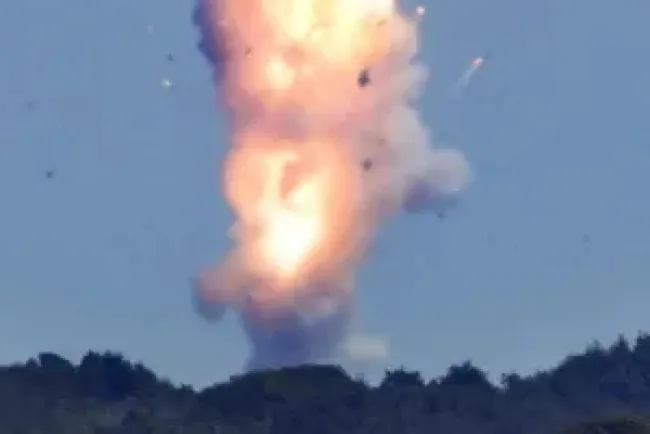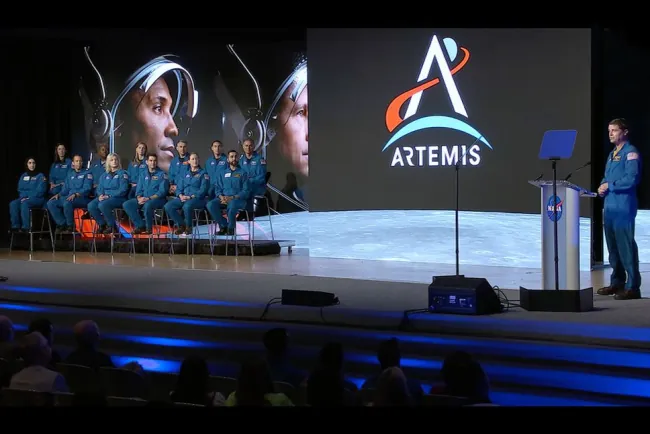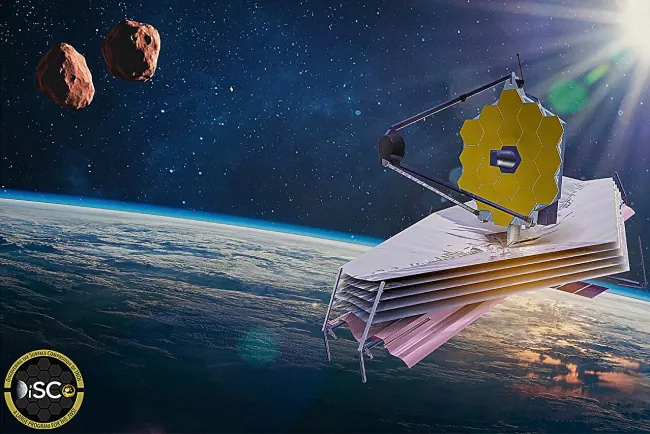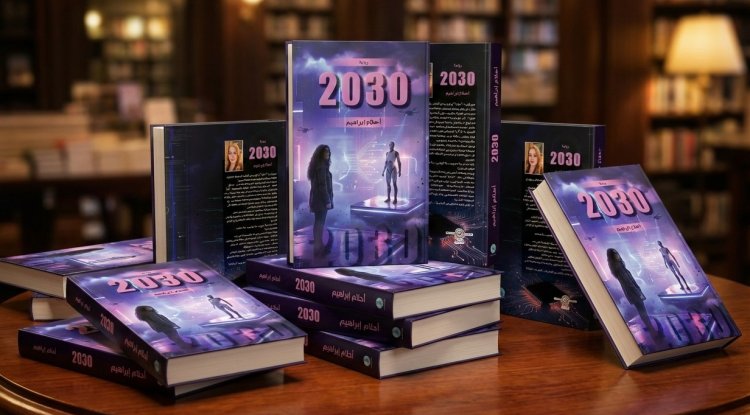Webb Telescope Discovers Ancient 'Dead' Galaxy Changing Early Universe Theories
Discover how the oldest 'dead' galaxy, observed by the Webb Telescope, challenges current understanding of the universe's infancy
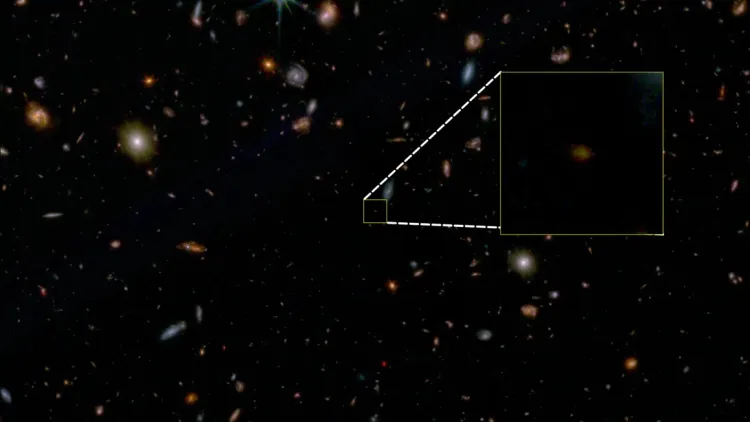
Outline for "Webb Telescope Discovers Ancient 'Dead' Galaxy Changing Early Universe Theories"
-
Introduction
- Introduction to the groundbreaking discovery by the James Webb Space Telescope.
- Brief overview of the significance of finding the oldest "dead" galaxy.
-
Unveiling the Mystery: JADES-GS-z7-01-QU
- Description of the newly discovered galaxy and its timeline in the universe.
- The sudden halt in star formation and the implications for our understanding of galactic life cycles.
-
A Glimpse into the Early Universe
- The importance of this discovery in studying the universe's formative years.
- How this observation might alter current models of the early universe.
-
The Phenomenon of Galaxy 'Death'
- Exploring the potential causes behind the cessation of star formation in galaxies.
- The role of supermassive black holes and environmental factors in galaxy evolution.
-
Implications for Cosmic Models
- The need to revisit existing models of the universe based on this discovery.
- How the James Webb Space Telescope's observations are challenging previous theories.
-
The Uniqueness of JADES-GS-z7-01-QU
- Comparison of the galaxy's characteristics with other known galaxies.
- The possibility of a galaxy undergoing a "rebirth" and the implications for cosmic lifecycle theories.
-
Future Directions in Galactic Research
- The search for more early universe galaxies to further understand cosmic evolution.
- How continued observations with the Webb Telescope could unveil more about the universe's mysteries.
-
Conclusion
- Recap of the significance of the discovery and its potential to transform our understanding of the early universe.
-
FAQs
- Address common questions related to the discovery and its implications for astronomy.
-
Explore More with Kiksee Magazine
- Encouraging readers to delve deeper into the mysteries of the universe with additional resources and articles at Kiksee Magazine.
Webb Telescope Discovers Ancient 'Dead' Galaxy Changing Early Universe Theories
Introduction
The James Webb Space Telescope (JWST) has made one of the most profound astronomical discoveries to date: the oldest "dead" galaxy ever observed. This finding not only showcases the telescope's unparalleled ability to peer deep into the cosmos but also challenges our current understanding of the early universe.
Unveiling the Mystery: JADES-GS-z7-01-QU
Named JADES-GS-z7-01-QU, this galaxy existed a mere 700 million years after the Big Bang, in the universe's infancy, currently estimated at about 13.8 billion years old. Surprisingly, this galaxy experienced a rapid cessation of star formation, a phenomenon that has puzzled researchers and may hold the key to unlocking new insights about galactic evolution and the early cosmos.
A Glimpse into the Early Universe
The discovery of JADES-GS-z7-01-QU offers an unprecedented window into the universe's formative years, challenging the conventional wisdom that galaxies in their early stages were in a constant state of star birth. This revelation necessitates a reevaluation of our models of the early universe, suggesting a more complex and dynamic cosmic landscape than previously imagined.
The Phenomenon of Galaxy 'Death'
Galaxies are considered "dead" when they cease to produce new stars, a fate that can befall them due to various environmental factors, including the influence of supermassive black holes or the depletion of the gas required for star formation. The discovery of an early universe galaxy undergoing this process so soon after its formation raises intriguing questions about the mechanisms driving galactic evolution.
Implications for Cosmic Models
The observation of JADES-GS-z7-01-QU by the JWST compels astronomers to reconsider the assumptions underpinning current cosmic models. The rapid quenching of star formation observed in this galaxy suggests that our understanding of the early universe's dynamics may be incomplete, highlighting the need for further investigation and potentially revising our theoretical frameworks.
The Uniqueness of JADES-GS-z7-01-QU
What sets this galaxy apart is not just its ancient origin but also its characteristics, resembling those of a dwarf galaxy, yet having already ended its star-forming phase. This contrasts with previously observed dead galaxies, which were typically much larger. This anomaly adds another layer of complexity to our understanding of galactic life cycles.
Future Directions in Galactic Research
The quest to uncover more galaxies like JADES-GS-z7-01-QU continues, with researchers keen to explore the early universe's depths further. Such endeavors could shed light on whether galaxies can undergo periods of dormancy followed by rebirth, a hypothesis that, if confirmed, would dramatically alter our perception of cosmic evolution.
Conclusion
The James Webb Space Telescope's discovery of the oldest "dead" galaxy to date represents a pivotal moment in astronomical research, challenging existing theories and opening new avenues for exploration. As we continue to probe the mysteries of the cosmos, we inch closer to unraveling the secrets of the universe's earliest days.
FAQs
-
What makes a galaxy "dead"? A galaxy is termed "dead" when it no longer forms new stars, often due to environmental factors depleting the necessary gas for star formation.
-
How does the James Webb Space Telescope contribute to this discovery? The JWST's advanced capabilities allow astronomers to observe galaxies as they existed billions of years ago, providing invaluable insights into the early universe.
Explore More with Kiksee Magazine
Dive deeper into the fascinating discoveries of the cosmos with Kiksee Magazine, your gateway to the latest in scientific advancements and explorations of the universe.
What's Your Reaction?







